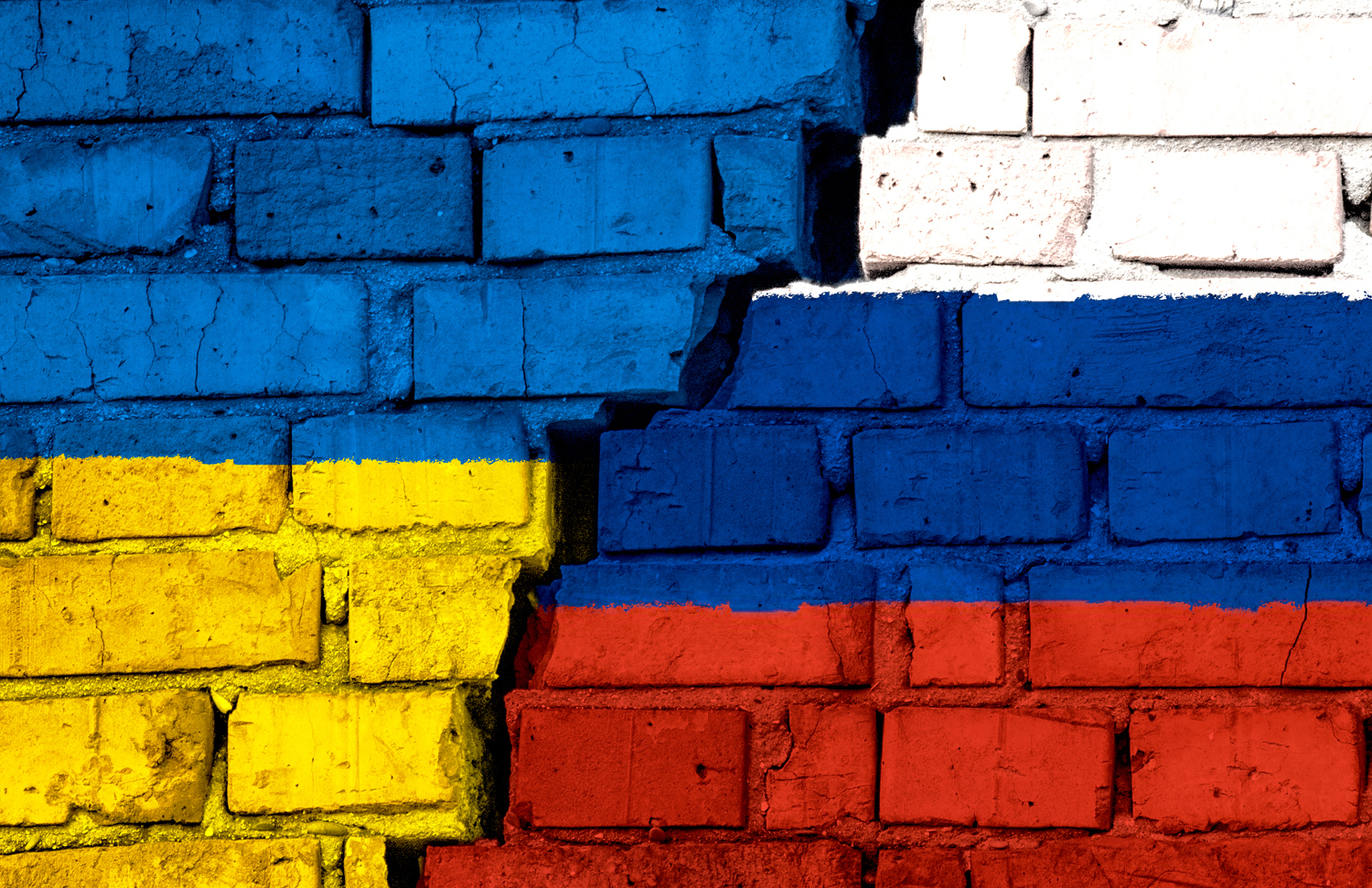The Russian war of aggression on Ukraine leads to great uncertainties from an economic point of view. Sanctions, disrupted supply chains, energy price explosion, legal uncertainty, production stops and loss of markets: The packaging industry has also been massively affected in some cases. We take a look at the general situation for you and show the situation in the individual packaging material segments as well as in mechanical engineering. The underlying question: How should companies react and what acute steps are advisable now? Where are there possibly even positive effects?
In response to the Russian raid, packaging manufacturers, such as Stora Enso, have stopped production in Russia. Various packers who had been producing in either Russia or the Ukraine also had to stop ongoing operations. Such production stops interrupt the entire value chain and have correspondingly far-reaching consequences. Companies are not only losing locations, but in some cases also their sales market.
Consequences for the German economy
- Russia has been an important sales market for the export-driven German economy. In 2021, Russia was still one of the 15 most important trading partners, accounting for 2.3 percent of German foreign trade.
- The German economy was just beginning to recover from the Corona crisis. Now the Kiel Institut für Weltwirtschaft (IfW Kiel) (engl. Kiel Institute for the World Economy) has almost halved its spring forecast for the increase in economic output in Germany in the current year, from 4 to now 2.1 percent.
- Inflation is also expected to rise further as a result of the war and the sanctions in the energy sector. The IfW Kiel expects around 5.8 percent.
Impact on the packaging industry
The various sectors of the packaging industry have been affected very differently by the Ukraine War.
- Exports of packaging machinery to Russia reached a value of almost 300 million euros in the first 11 months of 2021. The sanctions that have come into force and the resulting delivery bans affect large parts of the industry. In view of the exports of the entire mechanical engineering industry (179 billion in 2021), the VDMA expects a reduction in the volume of several hundred million Euros.
- There are hardly any direct effects for producers of fibre-based packaging materials in Europe, as these are largely produced in and for local markets. With 216 tonnes in 2020, Russia plays a minor role in the import of corrugated base paper, for example.
- However, the corrugated board industry’s great dependence on gas supply is proving to be problematic. Without a secure supply, the smooth functioning of the value chain is not given.
- Difficulties in the supply of timber and pallets will continue to increase in the coming months. As late as 2021, the Ukraine exported 2.7 million cubic metres of sawn timber. Russia and Belarus, which is also affected by the sanctions, together exported almost 8 million cubic metres of softwood to the EU. Alternative supply regions, such as Scandinavia or the Baltic states, can only cover a small part of this deficit.
- For the plastics industry, the problems with the supply of fossil raw materials represent a major challenge. The complete oil import ban announced by the EU Commission at the beginning of May in the sixth sanctions package will further aggravate the already tense situation.
- Security of supply: In 2021, 59 percent of the required imports still came from Russia.
- Price increase: If one compares the month before the start of the war with the month after, the price increase for the common types of crude oil on the world market is around 20 percent.
- With regard to the establishment of a circular economy of packaging, the current problems could have a positive side effect – namely, as far as the use of recyclates is concerned. Increased crude oil prices and the reduced availability of virgin plastics have the potential to further drive the use of recyclates.
- According to calculations by the Industrievereinigung Kunststoffverpackungen (IK), the use of recycled plastic in packaging could increase from currently 475 to approximately 960 thousand tonnes per year. That would be about 22 per cent of the production volume.
Pressing actions
How companies can actually compensate for the problems caused by sanctions, disrupted supply chains, energy price explosion, dwindling legal certainty, production stops and the loss of locations or markets in the end cannot be answered in general terms. The starting positions of the companies are too individual. Moreover, many developments are still underway. Regardless of this, companies can (and should) react.
- Essentially, all companies that are currently still allowed to export to Russia should reconsider their business. Besides moral reasons, a potential backlash with the loss of customers speaks for this step.
- Depending on the type of transaction, the fact that the German government has suspended the granting of export credit and investment guarantees (Hermes Cover) for Russia and Belarus “until further notice” also plays a role.
- For companies that had a large Russian or Ukrainian business, it is advisable to secure raw material supplies as quickly as possible and to look for new markets.

